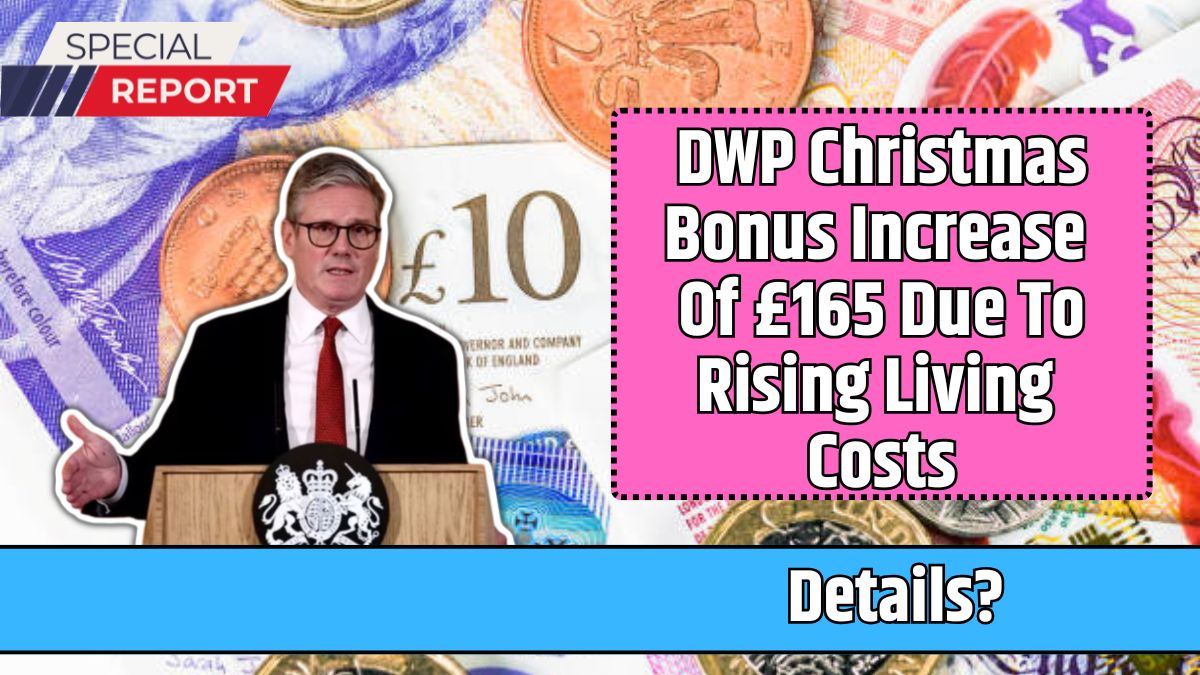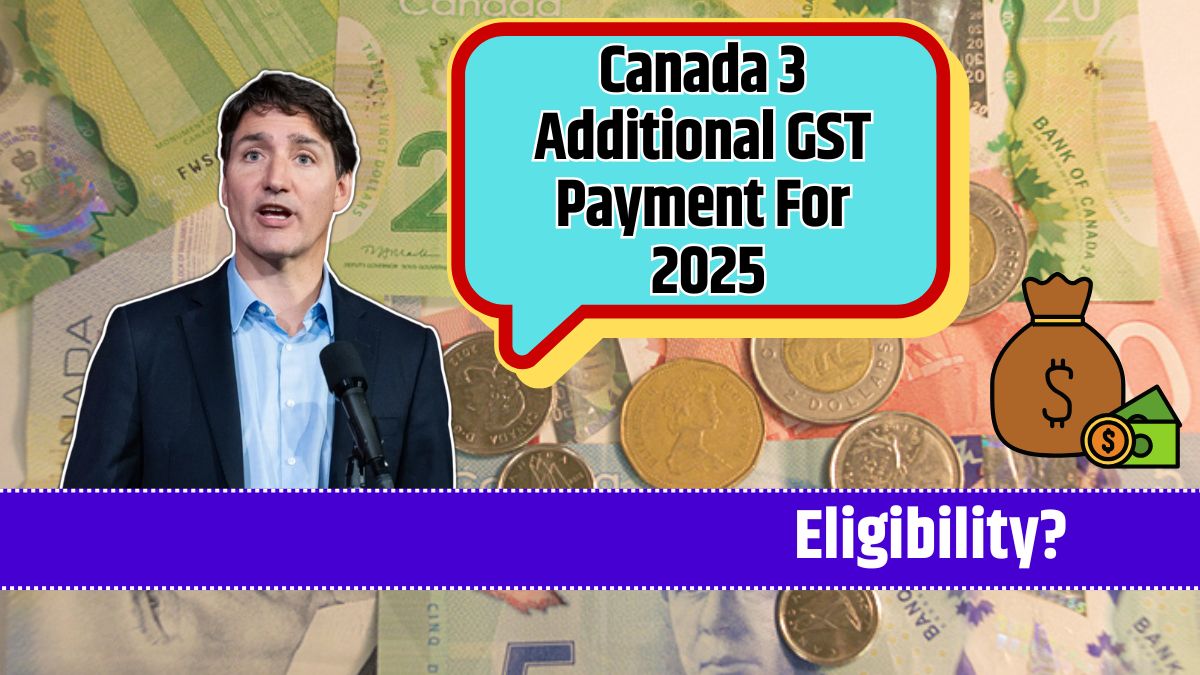The UK’s Department for Work and Pensions (DWP) has provided a Christmas Bonus of £10 annually since 1972 to eligible benefit recipients.
While initially a meaningful holiday gesture, inflation has significantly diminished its value, prompting over 20,600 people to sign a petition urging the DWP to increase the bonus to £165. Let’s explore the history of the bonus, the petition’s reasoning, and the DWP’s response.
Current Christmas Bonus System
What Is the Christmas Bonus?
The Christmas Bonus is a one-time, tax-free payment of £10 issued each December to those receiving certain DWP benefits. It is paid automatically and appears as “DWP XB” on bank statements.
Eligible Benefits
To qualify for the Christmas Bonus, recipients must receive at least one of the following benefits during the first full week of December:
- State Pension
- Personal Independence Payment (PIP)
- Carer’s Allowance
- Disability Living Allowance (DLA)
- Employment and Support Allowance (ESA)
- Other qualifying benefits, such as Widow’s Pension and War Widow’s Pension.
Additionally, recipients must be residents of the UK, Channel Islands, Isle of Man, or Gibraltar during the qualifying week.
Why Push for an Increase?
Inflation’s Impact
When the bonus was introduced in 1972, £10 had substantial purchasing power. Adjusted for inflation, that amount would equal approximately £114.75 today. Advocates suggest a new bonus of £165 to reflect rising costs and better align with today’s economic reality.
Rising Living Costs
The soaring costs of essential goods and services have placed immense financial strain on individuals relying on fixed incomes. For many, the £10 bonus barely covers small purchases, let alone meaningful holiday expenses.
Supporting Vulnerable Groups
The petition highlights the importance of providing meaningful relief to vulnerable populations during the holidays. An increased bonus could help recipients with:
- Holiday groceries
- Modest gifts
- Heating and utility bills during the cold winter months
DWP’s Position and Budget Constraints
Despite widespread support for increasing the Christmas Bonus, the DWP has stated that it has no plans to adjust the amount. The department cites budget constraints and competing priorities as key reasons for maintaining the status quo.
While other benefits like the State Pension and Universal Credit are reviewed annually to keep pace with inflation, the Christmas Bonus has remained unchanged for over 50 years. This has led to growing frustration among benefit recipients and advocates alike.
Public Response to the Petition
The petition to raise the bonus to £165 has garnered significant public attention. While the government has acknowledged the sentiment, no official action has been taken to amend the bonus. Eligible recipients can expect the £10 payment to continue being disbursed automatically during the first full week of December.
Potential Impact of an Increased Bonus
If the Christmas Bonus were increased to £165, it would provide meaningful financial relief during a financially demanding time of year. Recipients could use the extra funds for:
- Holiday meals or treats
- Modest gifts for loved ones
- Covering essential bills or heating costs
Such an adjustment would better fulfill the original intent of the bonus, offering tangible support during the holiday season.
















